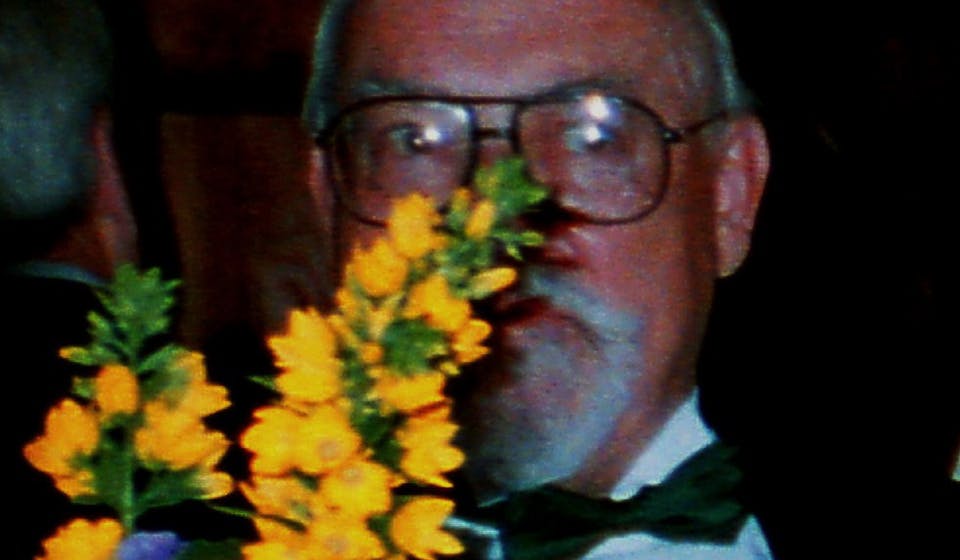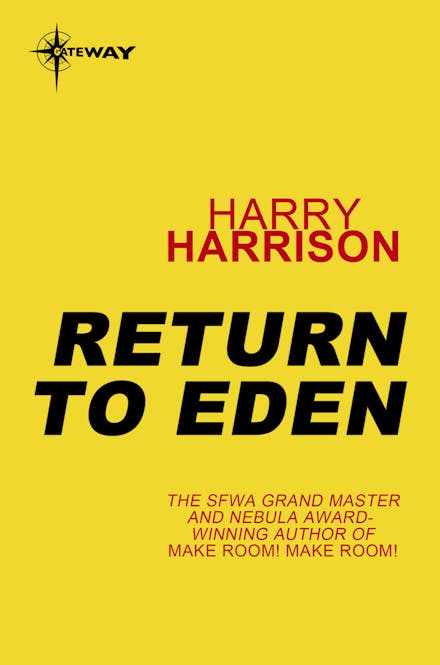Imprint
- Gateway
Fiction, Science fiction
THE TRILOGY CONCLUDES...
In West of Eden and Winter in Eden, Harry Harrison, an acknowledged master of imaginative fiction, broke new ground with his most ambitious project to date. He brought to vivid life the world as it might have been, where dinosaurs survived, where their intelligent descendants, the Yilan , challenged humans for mastery of the Earth, and where the human Kerrick, a young hunter of the Tanu tribe, grew among the dinosaurs and rose to become their most feared enemy.
Now, in Return to Eden, Harrison brings the epic trilogy to a stunning conclusion. After Kerrick rescues his people from the warlike Yilan , they must regroup and consider their future. They find a safe haven on an island and there begin to rebuild their shattered lives. But with fierce predators stalking the forests, how long can these unarmed human outcasts hope to survive They need weapons, but they only effective weapons lie in the hands of the technologically superior Yilan . The small band of humans has no choice but to confront their face head-on.
And, of course, Kerrick cannot forget Vaint , his implacable Yilant enemy. She's been cast out from her kind, under sentence of death, but how long will her banishment last For her strange attraction to Kerrick has turned into a hatred even more powerful than her inbred instincts - an obsession that compels her to hunt down Kerrick and kill him. In a world completely unlike her own, two great cultures struggling for mastery of the Earth face the same problem that faces us today: how to coexist on the same planet completely unlike ourselves - or mutually perish.

Harry Harrison
Harry Harrison (1925-2012) Harry Harrison was born Henry Maxwell Dempsey in Connecticut, in 1925. He was the author of a number of much-loved series including the Stainless Steel Rat and Bill the Galactic Hero sequences and the Deathworld Trilogy. He was known as a passionate advocate of Esperanto, the most popular of the constructed international languages, which appears in many of his novels. He published novels for over half a century and was perhaps best known for his seminal novel of overpopulation, Make Room! Make Room!, which was adapted into the cult film Soylent Green.






































.png?auto=compress&w=150&h=60&fit=crop&fm=jpg)

.png?auto=compress&w=150&h=60&fit=crop&fm=jpg)

